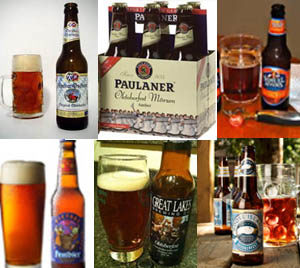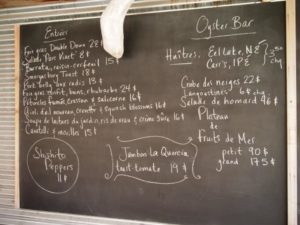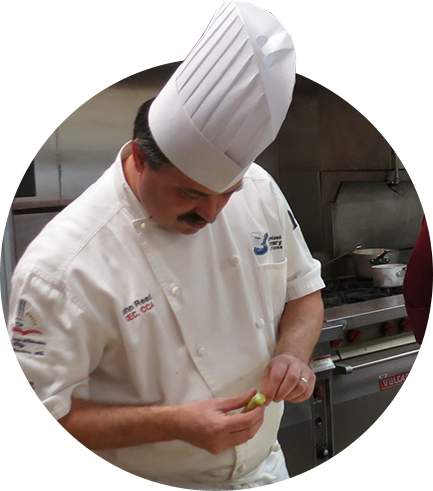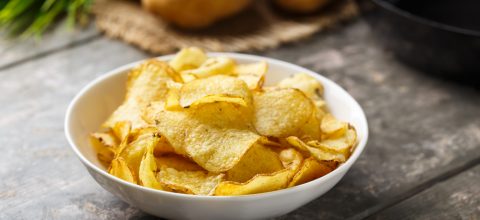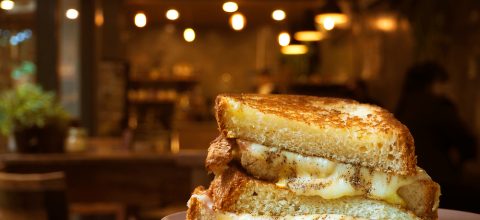I made mention of this in my last edition of the newsletter. This, for me, is a basic precursor to eating, cooking and having an enjoyable culinary moment. Let me explain.
There are many colloquialisms in this world such as “When in Rome.” What is a colloquialism? It is not just a big word I found in the dictionary to make me sound more intelligent, or to appeal to a different circle of readers. I am happy writing for this group of readers. Now, back to the English lesson. A colloquialism is a word or phrase used in informal language in place of a formal name or reference. When using these phrases, you are trying to evoke a thought process or spur an action. As for “When in Rome,” it’s about what the majority of people are doing around you at a certain moment or place and, if it’s not dangerous or life threatening, saying “Why not?” and joining in.
Does that mean that if you are sitting in a Chinese restaurant and everyone around you is eating duck tongues or sea cucumber that you have to as well? Not necessarily. I don’t have to drink Budweiser if it is the only option at the open bar. I am not in Rome at that point. However, the “duh” decision is there in the background; you just have to see or even feel it call to you. If you are lost at this point don’t worry.
As a chef, father and businessman, I am always trying to create an experience that will leave someone with a great memory. It is the concept of the “duh” decision that allows me to do this. This is a decision that is generally driven by the obvious or the “just because.”
Let’s walk you through a one example that is pretty obvious. If you have never been to Chicago, you have to have a Chicago-style hot dog with everything on it. No personal dislikes allowed, which means no altering it by asking for the hot dog on a plain roll or with just ketchup. “Duh.” This moment is about experiencing something as it was intended or by tradition. Put ketchup on it in the privacy of your own house. If I was in New York, I would have to go to Papaya King for an original with a papaya juice to wash it down. If you walked through the farmers’ market this past weekend and you came across local peaches and tomatoes, I bet you filled your bag. “Duh.” These farmers are only picking what’s in season and those items are at their peak. Farmers want you to eat something tasty. I bet making a salad from those tomatoes with a little olive oil, sea salt and a touch of great vinegar is going to make you feel great. Of course it will.
Sometimes things are so obvious it hurts. However, a lot of times restaurant operators fail to see whatever they should and don’t get the “duh” moment. What effort does it take to have some Grana or Reggiano offered at the table for my pasta? Does that little extra savings on your food cost help you or hurt you? Don’t nickel and dime your customers by cutting out the little things that make the difference. Put the little extras in to what you serve and actually make the difference.
As for dining out, most dinners are now reading reviews online and doing their homework on where to eat. If so, why do we spend so much time reading the menu when we get to the table? If the reputation is that good, and the server is offering a chef’s choice menu with all of the things you like, then what’s the decision? “Duh,” order the item as is and don’t change it. If the restaurant has chosen an adult beverage to pair with the item in question, order it. Why? Because most of the time, chefs are writing menus based on what’s fresh and flavors that work. If you are skeptical in the first place, why are you even dining there?
My best friends and I went to a late night bar in Denver on the recommendation of another bartender who had made us some delicious cocktails during dinner. The bar was so focused on making cocktails that there was no choice other than the “Duh” decision. Have the Bartender’s Choice. Five minutes later, three perfectly crafted cocktails for each of our own likes. Why wouldn’t you want to experience something like that? The “duh” decision, when broken down, is about not having to make the decision and trusting your instincts that make the essence of the “duh.”
So, here are some of the obvious “duh” decisions:
- If the server says “Can I take care of ordering for you?” because they don’t have a menu, say yes.
- If the menu is a black board that isn’t painted, order something off it. Dust on a blackboard means it keeps changing. If you ever get to Montreal, check out Joe Beef.
- If the restaurant has a mantra or set of rules on how you order something, then follow the rules. If you have ever been to Pat’s King of Steaks in Philadelphia, you know what I am talking about.
- If you are cooking ethnic food, try to use the authentic ingredients. It’s Oktoberfest, so serve Knackwurst and Thuringer with imported German mustard. An American-style bratwurst doesn’t exist in Bavaria. PS: In this instance, you should be drinking a Märzen or an Oktoberfest. Lite beer doesn’t count.
- If you have friends coming to your home or into your restaurant, know what they like and have something planned for them.
- Always remember to roll out the red carpet for volunteers. They are doing what they’re doing for free and they deserve a certain level of accolade. Think about those crappy volunteer breakfasts we have all been served. Making a better meal might go a long way in getting those people to come back and help out again.
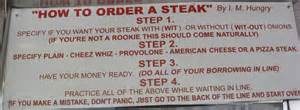
Remember that these decisions can happen at any time. If there is a point in time when the following is said: “Why didn’t I think of that. So simple!” then you have witnessed one such decision moment in the flesh. You get the idea of the “duh” decision.
See you next month.
Beer
Good Examples of Märzen / Oktoberfest Beers
